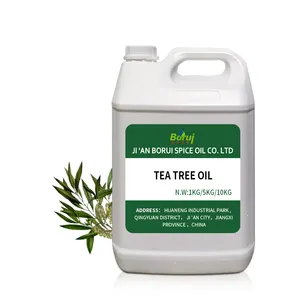Introduction to Alternatives Essential Oils
Alternatives essential oils are increasingly gaining popularity as natural and effective solutions for various applications in wellness, health, and environmental improvement. These oils, derived from plant sources, provide a plethora of benefits, making them a favorite among holistic practitioners and wellness enthusiasts alike. Utilizing alternatives essential oils can lead to enhanced physical health and emotional well-being, creating a sense of balance and tranquility in our fast-paced lives.
Types of Alternatives Essential Oils
When considering alternatives essential oils, it’s essential to understand the diverse range available. Each type possesses unique properties, catering to different needs and preferences. Here are some common types:
- Lavender Oil: Known for its calming and relaxing effects, lavender oil is widely used in aromatherapy.
- Peppermint Oil: This invigorating oil is excellent for boosting energy and improving mental clarity.
- Eucalyptus Oil: Often used for respiratory relief, eucalyptus oil has antiseptic properties that make it suitable for various applications.
- Tea Tree Oil: Renowned for its strong antimicrobial abilities, tea tree oil is popular in skincare for treating acne.
- Lemongrass Oil: A refreshing oil, lemongrass is often used in massages and relaxation therapies.
Applications of Alternatives Essential Oils
Alternatives essential oils are versatile and can be integrated into a wide array of practices and products. Below are some common applications:
- Aromatherapy: Essential oils can be diffused in the air to promote relaxation and alleviate stress.
- Skincare: Many oils can be blended into lotions and creams to enhance skin health and appearance.
- Household Cleaning: A number of essential oils, such as tea tree and eucalyptus, are effective natural disinfectants, making them ideal for cleaning products.
- Massage Therapies: When combined with carrier oils, alternatives essential oils can elevate the massage experience and soothe muscles.
- Cooking and Culinary Uses: Some essential oils, like lemon and peppermint, can enhance dishes with natural flavors.
Benefits and Advantages of Using Alternatives Essential Oils
Utilizing alternatives essential oils not only promotes a healthier lifestyle but also introduces many benefits, such as:
- Natural Remedies: They offer a natural solution to common ailments without the side effects often associated with pharmaceutical drugs.
- Holistic Health: Enhancing both physical and emotional wellness supports a balanced lifestyle.
- Non-Toxic Cleaning: Many essential oils provide powerful cleaning properties without harmful chemicals, ensuring safety for both users and the environment.
- Stress Relief: Many of these oils offer aromatic benefits that help in alleviating stress and promoting mental clarity.
- Versatility: Alternatives essential oils can be used in various forms and applications, increasing their utility in daily life.






















































